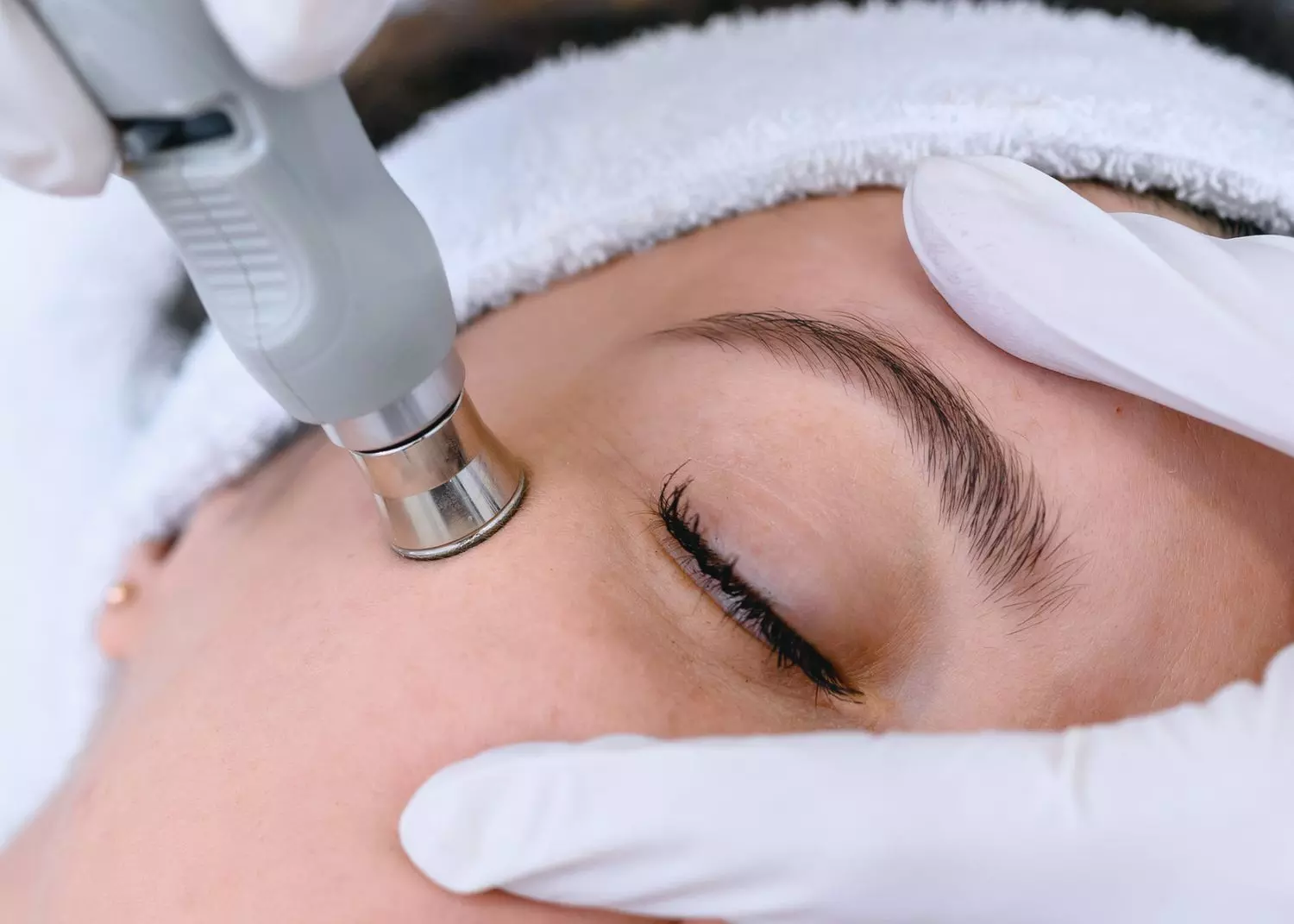Hyderabad: Lack of training, unhygienic conditions make anti-ageing procedures risky
Doctors advise that anti-ageing treatments must be done by certified professionals only
By Neelambaran A
Hyderabad: Anti-ageing treatments can be safe, but only in the right hands, says doctor
Hyderabad: In light of the alleged cause behind actor Shefali Jariwala’s death, anti-ageing treatments and their effects have into focus.
What are anti-ageing treatments and are they safe?
Anti-ageing treatments are medical procedures formulated to delay or reduce external signs of ageing, like wrinkles, sagging skin, pigmentation issues and volume loss. Such treatments have gained popularity among all age groups.
The commonly approved treatments include Botox injections, dermal fillers, laser treatments and HIFU therapy.
Anti-ageing treatments are safe when performed by qualified professionals, but some risks exist because of the unqualified practitioners who lack proper training or operate in non-sterile environments. Though there are no direct risks involved, some underlying risk factors can affect those taking treatment.
How to choose safe providers?
Dr K Kranthi Varma, consultant dermatologist, Renova Hospitals, advised people to seek treatment in clinics operated by board-certified dermatologists for high reliability.
“Patients should avoid facilities offering unusually low prices, as this often indicates compromised quality or unqualified staff. While serious complications are rare, patients should watch for warning signs, including infection symptoms or allergic reactions requiring immediate medical attention,” he said.
Benefits and drawbacks
The anti-ageing treatments introduce positive results, including improved appearance through minimally invasive procedures and generate enhanced self-confidence. However, disadvantages include potential side effects, significant costs and temporary results requiring repeat treatments to maintain benefits.
Factors like social media influence, increased accessibility and dramatic change in attitude towards ageing have increased the demand across the younger generation. But awareness remains very low about the side effects or long-term consequences.
Side effects and need for caution
Despite all the advantages, such as increased self-confidence and other aesthetic outcomes, the treatment can have some side effects due to the medicines used.
Anti-ageing injections like botulinum toxin, known as Botox and dermal fillers are often used to reduce wrinkles, fine lines and other signs of ageing; these are non-surgical and promoted as safe and effective.
“However, medical research shows that even though these procedures are safe in controlled medical settings, they can turn risky when not handled properly. A study published in the Journal of Clinical Endocrinology and Metabolism in 2021 pointed out that peptide-based injections used for anti-ageing can cause heart problems and sudden drops in blood pressure, especially when taken during fasting or in combination with other medications,” Dr Kranthi Varma said.
Incorrect dosage and improper application can have detrimental effects on those receiving the treatment.
Symptoms and common side effects
Dr Kranthi Varma listed out the common side effects experienced from anti-ageing treatments:
Dermal Fillers (Hyaluronic Acid, Collagen, Sculptra and Radiesse)
- Swelling and bruising usually resolve within a few days.
- Lumps or uneven texture, if not properly massaged or injected.
- Rare risk of vascular occlusion, leading to skin damage if the filler blocks a blood vessel.
Glutathione usage and impacts
Glutathione is an antioxidant naturally found in human bodies. It’s important for detoxifying cells and protecting them from damage. Anti-ageing treatment includes injecting glutathione.
Dr Kranthi Varma added, “These substances may sound harmless, but their growing popularity, especially in injectable forms used without medical supervision, is rising. Direct cardiac effects from glutathione and similar antioxidants are rare when used properly. However, the risk increases sharply when these are taken via injections, especially on an empty stomach or in a dehydrated state.”
Injectable glutathione can cause a sudden drop in blood pressure and is rarely known to trigger cardiac arrest. The risk is high for people who are fasting or dehydrated, or have underlying heart issues.
What are the government regulations about anti-ageing treatments?
“The US FDA has not approved glutathione injections for cosmetic use and several countries have flagged adverse reactions, including liver and kidney toxicity, nerve damage, and severe allergic responses,” Dr Kranthi Varma cautioned.